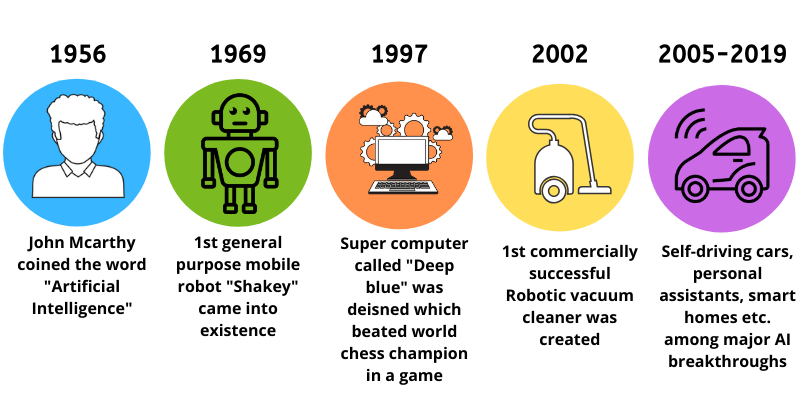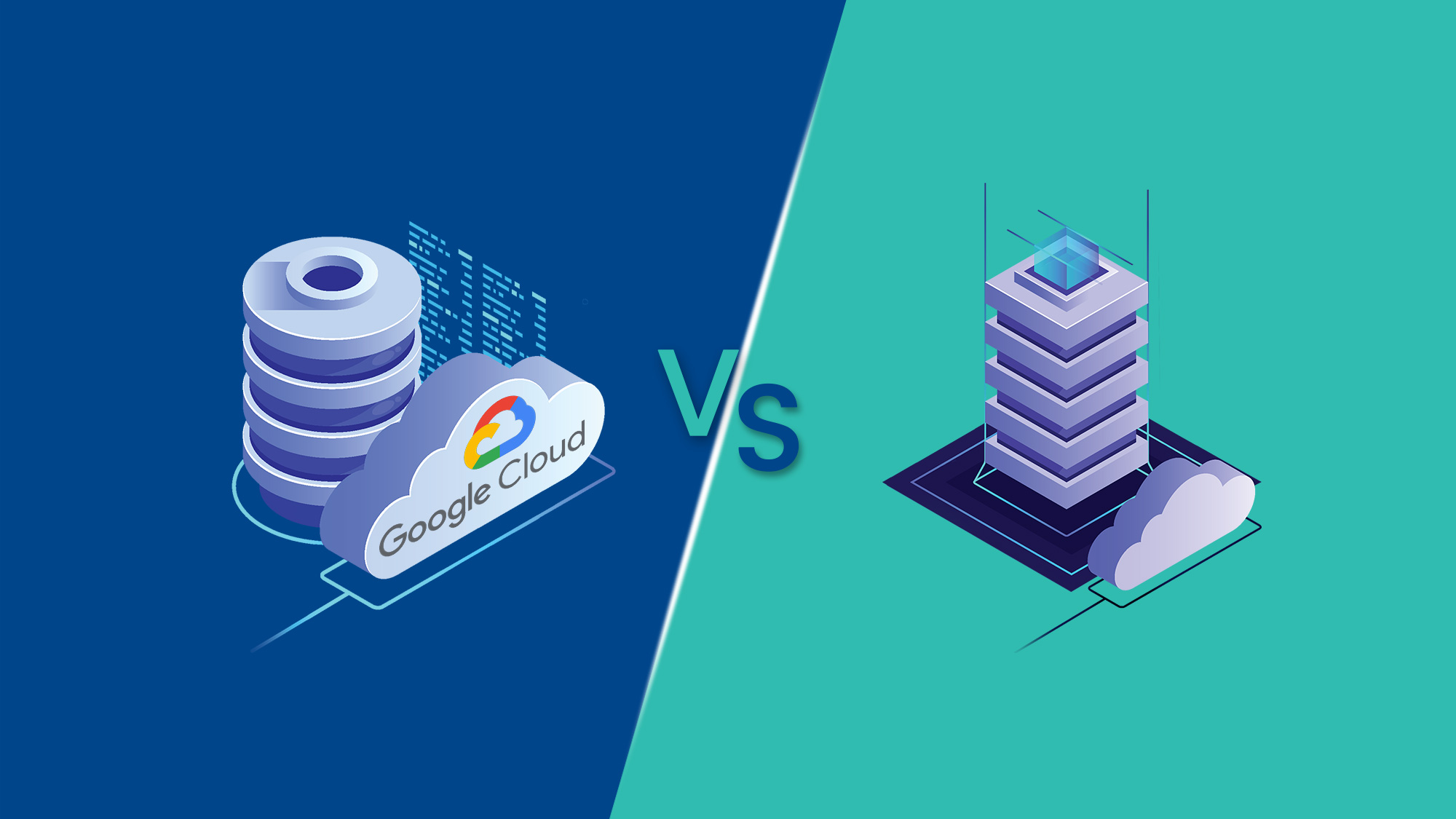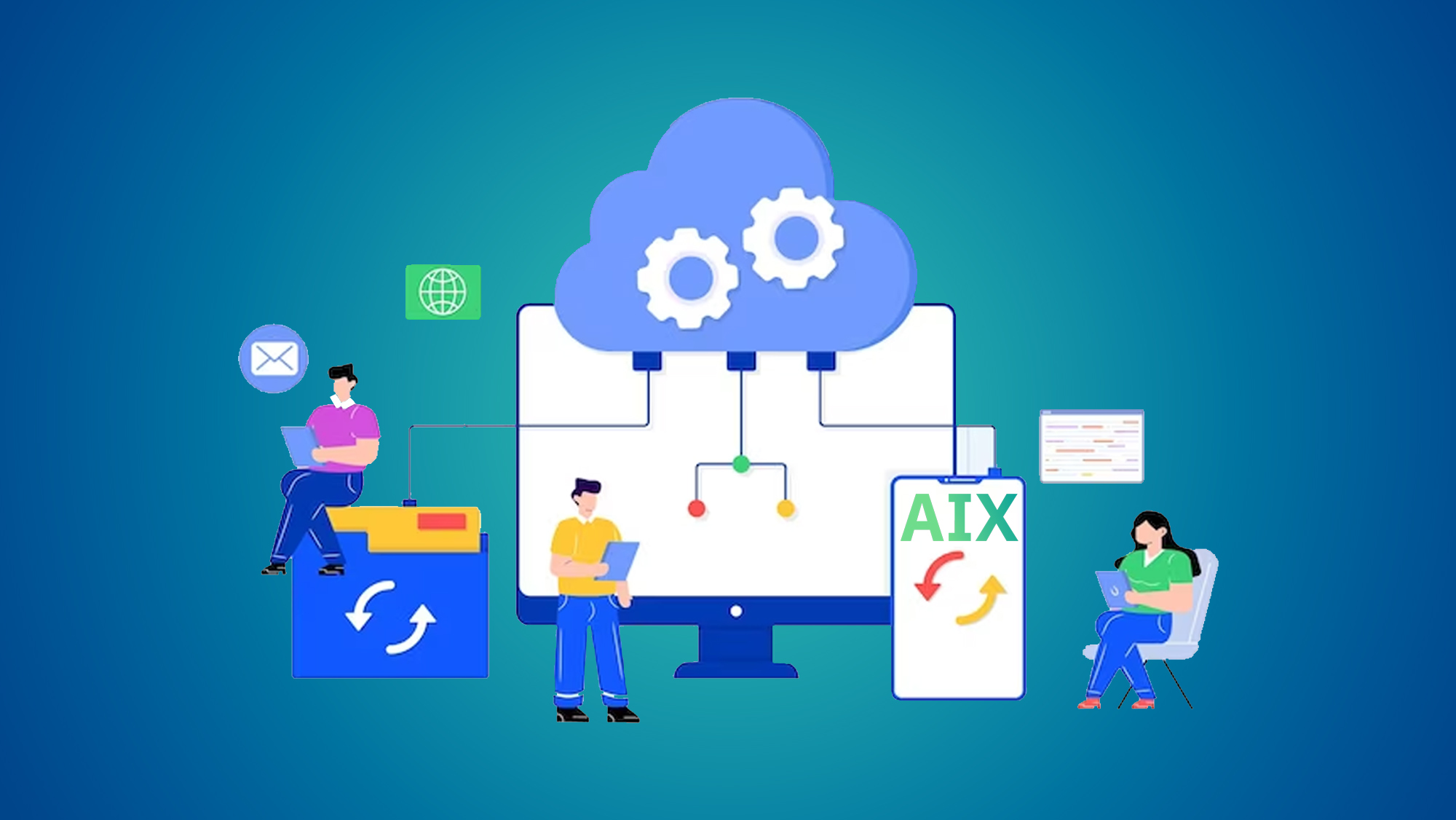Artificial Intelligence for a Smaller and Smarter World
Artificial Intelligence is called the skill of the century, though the current hysteria on AI makes us think whether it is a hype or reality. In today’s world, AI research is constant and continues to grow. We have embraced this technology, many of us adore it and can't imagine life without out it. So in reality, the fact is that AI already plays an active role in our everyday lives.
From Siri, Alexa, and Google assistant to various virtual player games and social media apps, AI is everywhere. It sure is the most happening topic in every business right now. Google CEO Sundar Pichai declared AI to be “probably the most important thing humanity has ever worked on”. Artificial Intelligence is an enormous field. It comprises of various disciplines, different tools and platforms. The 2 main factors which contributed to AI’s growth and popularity recently are ‘big data’ and ‘computational power’.So let’s see how AI has evolved over time.
History of AI
The term artificial intelligence was first coined by John McCarthy in 1956 when he held the first academic conference on the subject. But the journey to understand if machines can truly think began much before that. Vannevar Bush and Alan Turing worked on subjects like machines being able to simulate human beings and apply intelligence.

What is Artificial Intelligence?
Artificial Intelligence cannot be just defined by robots and machines, it is a broad branch of computer science which concerns with smart machine/system which can perform tasks that typically require human intelligence. These systems are powered by machine learning and deep learning. AI tasks include visual perception, decision-making, translation, speech recognition, etc. Search and optimization, NLP and Knowledge representation, computer vision, fuzzy systems, machine learning and probabilistic reasoning, planning and decision making, neural networks are the main research areas within AI. Among these, neural networks, machine learning, and probabilistic reasoning and computer vision show the largest volume of research growth.
AI possibly might develop seven stages in the next 15-20 years. Lets see what are those.
1. Rule-Based Systems — which includes domestic applications and RPA software in our daily life and business.
2. Context Awareness and Retention — These algorithms build up a body of information about the specific domain they are being applied in. Their knowledge base can be updated as new situation arises. For example, chatbots- often used in frontline customer enquiry handling and roboadvisors – which may suggest an investment plan.
3. Domain Specific Expertise — machines that can develop expertise in a specific field that extends beyond the capability of humans because of all the informational access and make a quick decision. One of the most useful application of this was in cancer diagnosis. The most commonly cited example is Google Deepmind’s AlphaGo.
4. Reasoning Machines — these algorithms have a “theory of mind,” like sense of beliefs, intentions, knowledge, and they aware of how their own logic works. Hence, they have the capacity to reason, negotiate, and interact with humans and other machines. Such algorithms are currently at the development stage, but we can expect their arrival in the next few years.
5. Self-Aware Systems / Artificial general intelligence (AGI)— Currently for those who work on AI, this is the main goal– creating systems with human-like intelligence. Some say we may be able to see such systems in another five years while others think we may never achieve that level of machine intelligence.
6. Artificial Super intelligence — developing AI algorithms that are capable of outperforming the smartest of humans in every domain. Some experts predict massive breakthroughs in the next decade, in fields of science, economics and may solve some of the current world problems. But there are different opinions on when and whether such a capability might be possible.
7. Singularity and Transcendence — ASI development could lead to a massive expansion of human capability. And one day human brains could connect to each other and to a future successor of the current internet. This could allow us to share ideas and solve problems collectively. Also, in a further stage, we may be able to connect to other forms of intelligence like plants, animals, etc. Some expert says we could see this Singularity happen by 2045 as a result of exponential rates of development across a range of science and technology disciplines and of course, some say that it is never possible.
Why do you have to learn Artificial Intelligence?
Despite the exponential growth in the field of artificial intelligence, there is a skill shortage. A profession in Artificial Intelligence can be realized in practically all industries, like healthcare, finance, agriculture, education, manufacturing, defense, research, transportation, marketing, etc. For a future-proof career, you will require proficiency in artificial intelligence. AI job roles include researcher, machine learning engineer, data scientist, big data architect, business intelligence developer, and computer vision engineer. Most of these in-demand jobs require similar skills, including strength in mathematics and programming skills.
AI is a field that keeps growing and changing and studying artificial intelligence opens a world of opportunities. It can help you in lucrative jobs, managing celestial amounts of data, improved disaster management, benefiting society as a whole. Of the 1.8 million jobs AI will get rid of, the emerging field will create 2.3 million by 2020, according to a recent report from Gartner. And there will be job growth in anything related to AI for the next five to 10 years. And, this is the reason why you should care about learning AI.
Future of AI
2020–2025
- Robots will be into risky jobs. Right from cleaning sewage to fighting fire and diffusing bombs, not risking human lives.
- Use of new software applications that use AI to help doctors diagnose and treat patients. Wearable devices that transmit medical data to patient’s doctor.
- AI can be used to automatically edit your photo at the moment it is taken.
- Product design and development in sectors like fashion, consumer goods, manufacturing etc. could increasingly be undertaken and tested by AI.
- Individuals will have personalized products and services in sectors ranging from travel through to banking, savings, and insurance.
- AI will be deployed in almost all government agencies.
- For most of the businesses, 70% of client engagements to be managed by AI.
- Driver-less vehicles will start appearing in many cities across the world.
- Personal assistants will be managing most part of our lives like compiling information for meetings, travel, shopping, etc.
2026–2035
- Globally approved, smart crypto tokens may be accepted alongside fiat money.
- Artificial intelligence is likely to be dispersed in every commercial sector.
- The emergence of fully automated banks, travel agents, and insurance companies.
- Development of artificial animal and ecosystem intelligence.
- The emergence of self-aware and self-replicating software systems and robots
Let’s embrace a smarter world
Considering the pace of AI developments we can expect some breakthroughs which will be able to blow our minds. But to achieve final 3 stages of AI, massive developments are required in different areas like neural networks, deep learning and neuroscience. Over the next two decades, we are likely to experience many transformations powered by smart machines that touches every aspect of our lives. AI may successfully be able to come close to a level where the difference between human and machines are undetectable. Some ground-breaker inventions might happen in a few years or might not take place in our lifetime, but it is inevitable. There is no point in fearing the change if it is inevitable, all we need to do is learn and adapt it.
You May Also Like
These Related Stories
.png)
Why Learning Flutter is the Smartest Career Move You Can Make in 2023

Cloud Showdown: Google Cloud Platform Vs Competitors


No Comments Yet
Let us know what you think